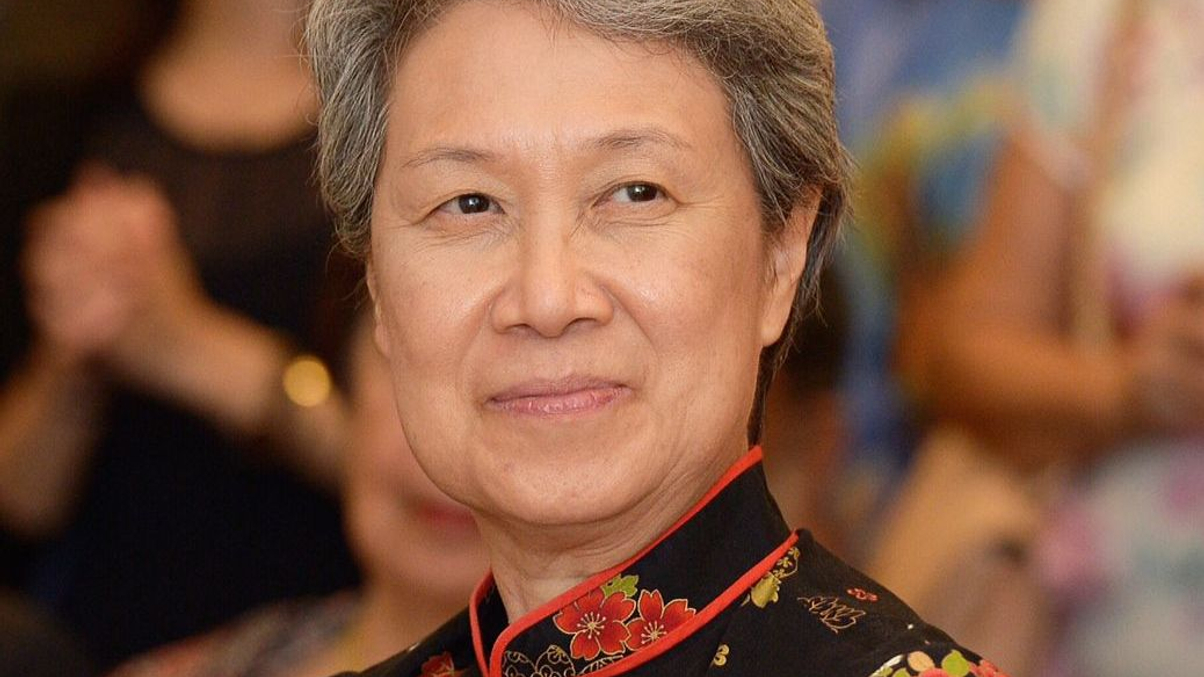Temasek could evolve growth focus under new CEO
The chief executive's decision to step down after nearly 17 years ends an era of rapid evolution. New CEO Dilhan Pillay will need to accelerate Temasek's move into modern areas.

The decision of Ho Ching, longstanding chief executive of Temasek Holdings, to hand over to Dilhan Pillay on October 1 will likely lead to an evolution rather than revolution of emphasis on investing into emerging markets and venture capital, particularly in the technology, healthcare and food investments spaces, say industry veterans and observers. It could also herald a more flexible managerial structure.
Sign in to read on!
Registered users get 2 free articles in 30 days.
Subscribers have full unlimited access to AsianInvestor
Not signed up? New users get 2 free articles per month, plus a 7-day unlimited free trial.
¬ Haymarket Media Limited. All rights reserved.


